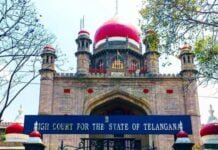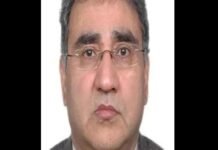
The Supreme Court ruled that the States cannot appoint acting DGPs, saying that such a concept is not perceptible on any analysis of its 2006 judgement in Prakash Singh’s case.
The Court heard Attorney General KK Venugopal and advocates Prashant Bhushan and Gopal Sankaranarayanan before laying down the procedure to be followed for appointment of DGP.
The bench headed by Chief Justice Dipak Misra ordered slew of directions to be followed by the states in the petitions relating to Police reforms.
The apex court ordered that three months before the retirement of incumbent DGP, the State has to approach the UPSC with its proposal of candidates.
The UPSC will then select three candidates from which the State should select once candidate as the DGP.
The bench also said that endeavour should be made that a person, who had been selected and appointed as DGP, has reasonable period of service left.
However, it was clarified that the said direction may not be construed to mean that the UPSC may empanel, for the purpose of selection as the DGP, only those officers who have a clear 2 years of service remaining.
Once a candidate is appointed, he/she will get to serve for two years irrespective of his/her superannuation.
The Bench also directed that any rule or law may have been framed by the states which affect the 2006 judgment shall remain in abeyance, granting liberty to any state having an issue with these directions to approach the apex court seeking modification of its order.


















